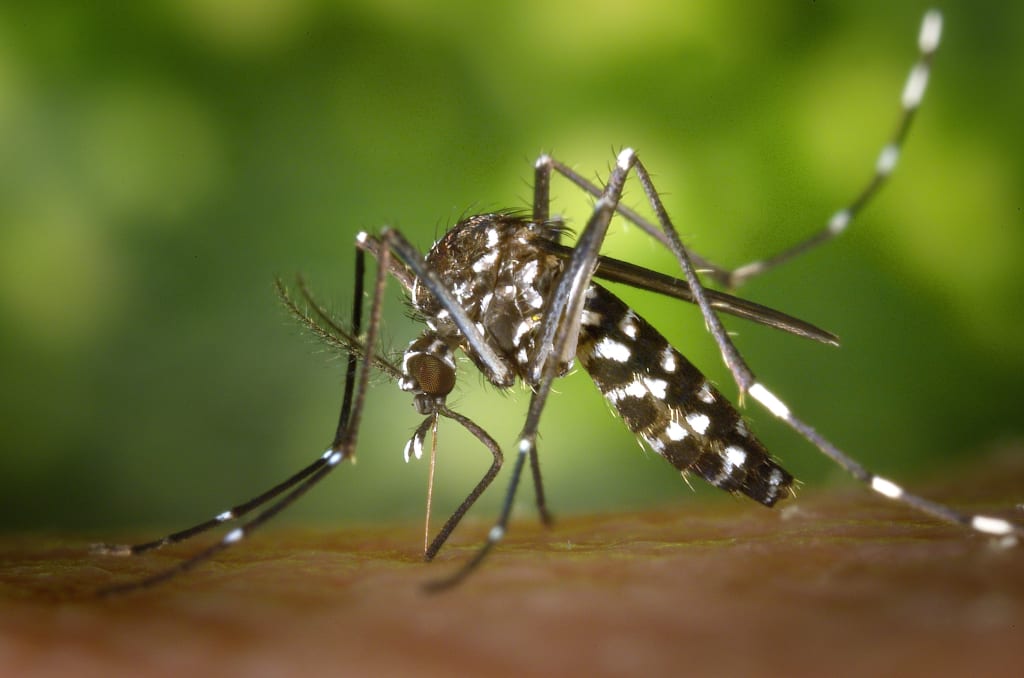
Mosquitoes are a ubiquitous part of the natural world, and while they may seem like little more than a pesky nuisance, they are, in fact, one of the most dangerous creatures on the planet. Mosquitoes are responsible for more deaths every year than any other creature, including humans, and they spread a wide range of deadly diseases that can have devastating consequences for those who contract them.
The primary reason that mosquitoes are so dangerous is their ability to transmit diseases. When a mosquito bites a person or animal, it injects saliva into the wound, which contains a range of disease-causing pathogens. These pathogens can then spread throughout the host's body, causing a range of symptoms that can be severe, debilitating, and sometimes fatal.
Perhaps the most well-known disease spread by mosquitoes is malaria, which is caused by a parasite that is transmitted when an infected mosquito bites a person. Malaria is responsible for hundreds of thousands of deaths each year, particularly in Sub-Saharan Africa, where the disease is most prevalent. Symptoms of malaria can include fever, headache, muscle pain, and fatigue, and the disease can lead to complications such as severe anemia, organ failure, and even death.
But malaria is just one of many diseases that mosquitoes can transmit. Mosquitoes are also responsible for spreading dengue fever, yellow fever, chikungunya, Zika virus, and a range of other diseases, many of which can be just as dangerous as malaria. These diseases can cause a range of symptoms, from mild fever and headache to severe illness and death, and they can have long-lasting effects on those who survive them.
The spread of mosquito-borne diseases is particularly concerning given the widespread distribution of mosquitoes. Mosquitoes are found on every continent except Antarctica, and they are particularly common in warm, humid environments. This means that millions of people around the world are at risk of contracting a mosquito-borne disease every year, particularly in areas where resources for disease prevention and treatment are limited.
Despite the dangers posed by mosquitoes, there are a range of strategies that can be used to control their populations and reduce the risk of mosquito-borne diseases. One of the most effective approaches is to use insecticides to kill mosquitoes and reduce their numbers. Insecticides can be applied to standing water, where mosquitoes lay their eggs, or they can be used to target adult mosquitoes directly.
Another approach to mosquito control is to eliminate their breeding sites. Mosquitoes lay their eggs in standing water, so removing any sources of standing water can help to reduce mosquito populations. This can include everything from emptying buckets and flowerpots to improving drainage systems in areas where standing water is common.
Other strategies for mosquito control include the use of mosquito nets, which can be used to protect individuals from mosquito bites while they sleep, and the use of repellents, which can be applied to the skin to prevent mosquitoes from biting. Additionally, public health campaigns can be used to educate people about the risks of mosquito-borne diseases and to promote behavior that reduces the risk of mosquito bites, such as wearing long sleeves and pants and using mosquito nets.
While there are a range of strategies for controlling mosquitoes and reducing the risk of mosquito-borne diseases, it is clear that mosquitoes are still a significant threat to public health around the world.
About the Creator
Mohan Das
Hi,
Iam Mohan and I'm lives in India. Writing is my passion from the childhood. But Unfortunately my profession is totally different. Luckily now I have got an opportunity to share my stories and thoughts with you through Vocal media.





Comments
There are no comments for this story
Be the first to respond and start the conversation.